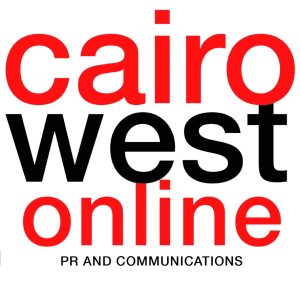 Fasting, if done correctly, is considered relatively safe for the elderly who are in good health with no major health issues. However, those who are not generally healthy should have a comprehensive discussion with the healthcare provider before attempting to fast. This is more important for those who are suffering from lifestyle disease like diabetes, hypertension and thyroid. Early consultation with a healthcare provider helps in identifying any major challenges that require addressing prior to fasting and require adjusting chronic medications schedule, if any.
Fasting, if done correctly, is considered relatively safe for the elderly who are in good health with no major health issues. However, those who are not generally healthy should have a comprehensive discussion with the healthcare provider before attempting to fast. This is more important for those who are suffering from lifestyle disease like diabetes, hypertension and thyroid. Early consultation with a healthcare provider helps in identifying any major challenges that require addressing prior to fasting and require adjusting chronic medications schedule, if any.
One of the most serious problems for the elderly fasting in this hot summer is dehydration. Symptoms of dehydration include; increased thirst, decreased urine output, dry mouth, tiredness, headache and dizziness. To avoid this, older people should drink water and fluids in abundance and at frequent intervals after breaking the fast.
Here are some other tips to prevent dehydration while fasting:
- Cut down on tea and coffee: Caffeine has a diuretic effect that increases urine production, thus flushing out salt and water from the body resulting in increased thirst.
- Increase intake of fresh fruits and vegetables: Eating fruits and vegetables isn’t just good for health, but it helps with hydration too. Certain fruits and vegetables have high water content that replenish the body after a long day of fasting. Tomato, cucumber, watermelon, cantaloupe, lettuce and celery are good examples.
- Avoid spicy or salty food: Spicy and salty foods can increase the body’s need for water.
- Avoid chugging drinks in one go: Drinking water in one go causes the body to flush it out soon after. It’s best to sip water throughout the non-fasting hours of the day.
- Avoid exposure to heat: Hot temperatures will cause sweating, resulting in fluid loss. Try to limit time spent outdoors and stay in the shade or cool environments.
Another challenge that faces the elderly during fasting, is taking their medications. They need to adjust medication schedules so they can be taken between iftar and sohour. If the dosing times cannot be adjusted, different treatment options should be considered.
For medications taken multiple times during the day, recommended strategies include choosing long-acting formulations (e.g., sustained release). For short-term conditions requiring treatment, such as antibiotics or pain killers, medications with once-daily dosing should be selected. Non-oral medications such as injections, inhalations, suppositories and eye/ear drops usually do not break the fast; however consult a learned scholar to make sure of the valid opinion on this matter. Speak to your doctor about your options while fasting.
For healthier fasting, performing light exercises during the day could be very helpful. For the elderly, this could just be flexing the joints and stretching the body.
Ramadan could be a perfect time for an annual check-up and getting blood tests done that require fasting such as blood glucose and triglycerides.
Finally, remember that fasting is not intended to create excessive hardship. Islam encourages Muslims to be mindful of their health. While there are several exemptions from fasting, many older people still choose to fast. If you are one of them, make sure to speak to your healthcare provider for careful support and advice to make sure that fasting will not adversely affect your health.
 This article was brought to you by Tabibi 24/7, Cairo’s leading Family Medicine & Pediatrics group practice. Tabibi operates 24/7 and offers its services at the comfort of your own home or in one of its clinics.
This article was brought to you by Tabibi 24/7, Cairo’s leading Family Medicine & Pediatrics group practice. Tabibi operates 24/7 and offers its services at the comfort of your own home or in one of its clinics.







